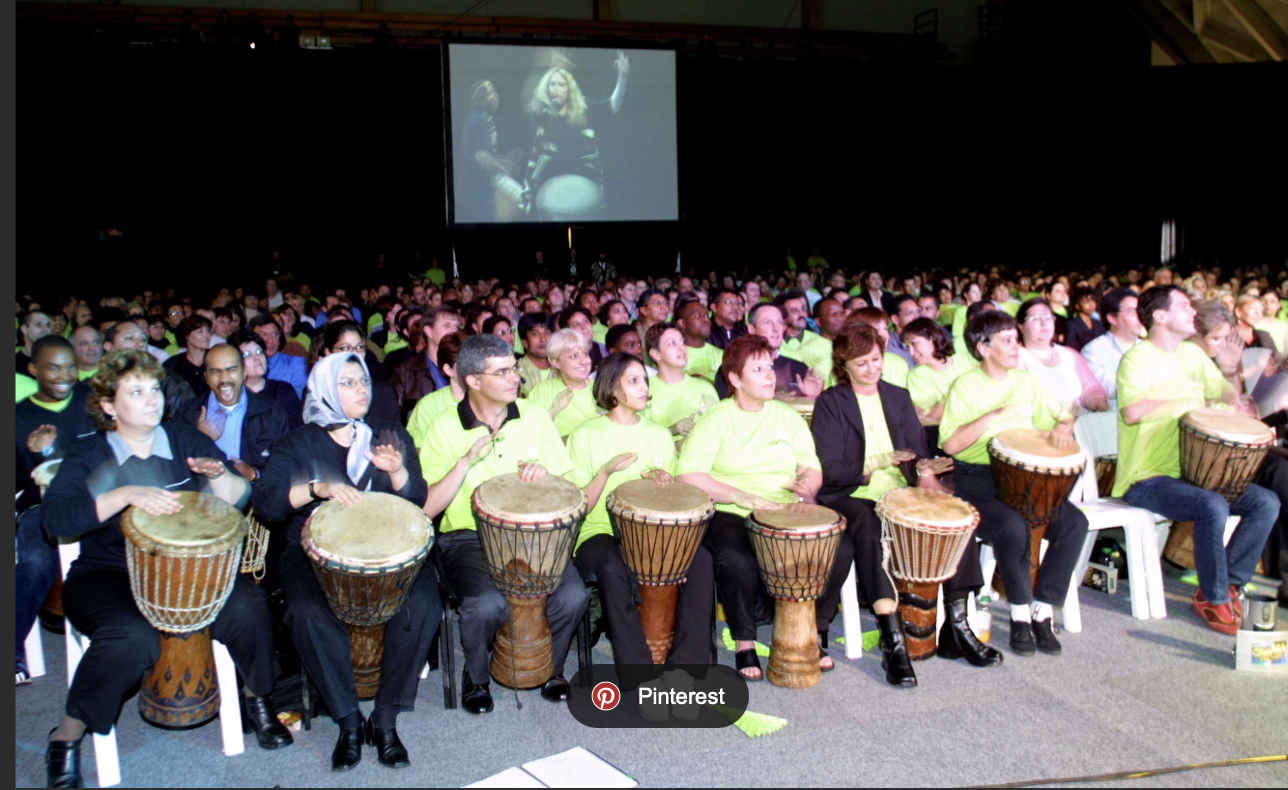Spirituality and the drum
It is fascinating—and perhaps troubling—how many people remain unaware of the biases they hold regarding cultural expressions from what are often labeled as “third world” nations. Deep down, whether consciously or subconsciously, many harbor reservations about art, music, and cultural practices from places that don’t fit within their understanding of current trends. Take, for example, the allure of spirituality from Bali or the temples of Thailand; they are seen as “exotic” and inviting. Yet, when we turn our gaze to the rich spiritual and artistic traditions of Africa, particularly West Africa, a veil seems to descend.
While drums from African cultures are embraced in Western contexts, they are often stripped of their deeper significance. These instruments are not mere entertainment; they are intricate aspects of a vibrant culture, woven into the very fabric of community life—serving as essential tools in weddings, celebrations, and ceremonies. The music that emerges from these drums is not spontaneous; it has structure, including compositions and lyrics that resonate with the rhythms of everyday life, be it in bustling cities or serene countrysides.
Furthermore, the custodians of these traditions—the teachers, healers, and spiritual leaders—carry wisdom that is as profound as that found in any other part of the world. It raises critical questions: Why do we, in the West, often appropriate these sacred instruments, recontextualizing them to fit our preferences? Why do we dilute their essence, label them with Western constructs, and reframe their meaning within our own contemporary frameworks? This not only disrespects the rich heritage from which they arise but also reflects a broader tendency to overlook the depth of culture and spirituality outside our familiar bounds.
Spirituality and Drumming: A Personal Journey
Spirituality is a deeply personal and varied experience; it is a landscape shaped by individual beliefs and choices. It is a complex subject that many prefer to sidestep due to its intricate nature and the diverse belief systems that populate it. Today, however, I wish to explore the intersection of spirituality and drumming.
The spirituality we bring to the drum is inherently tied to our authentic selves—our souls expressed through sound. The act of drumming, music-making, and dancing transcends mere performance; it embodies a collective spiritual experience. These elements elevate ceremonies and rituals, giving voice to intentions, stories, and communal bonds.
Yet, we must also acknowledge a growing trend of “new age” spirituality in the West—an approach that often places contemporary labels on the drum without engaging with its rich, historical context. In doing so, we risk misrepresenting its significance and the elaborate systems within which it dwells.
As we navigate our own spiritual paths, let us be mindful of the traditions we engage with, seeking to understand their roots and honoring the expansive wisdom they offer, rather than appropriating them for our own ends. In honoring these pathways, we find a deeper connection to the pulse of life itself, one that resonates across cultures and transcends time.

